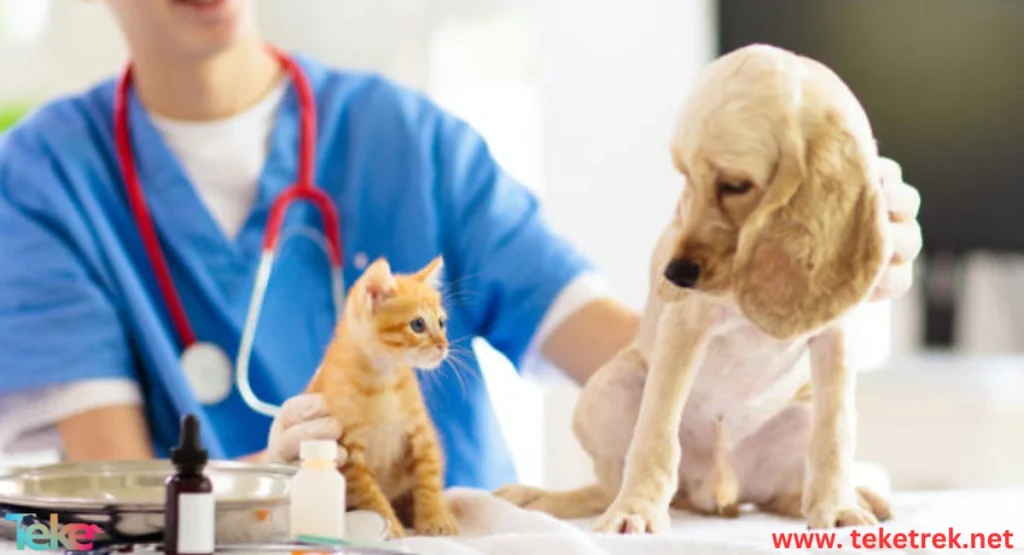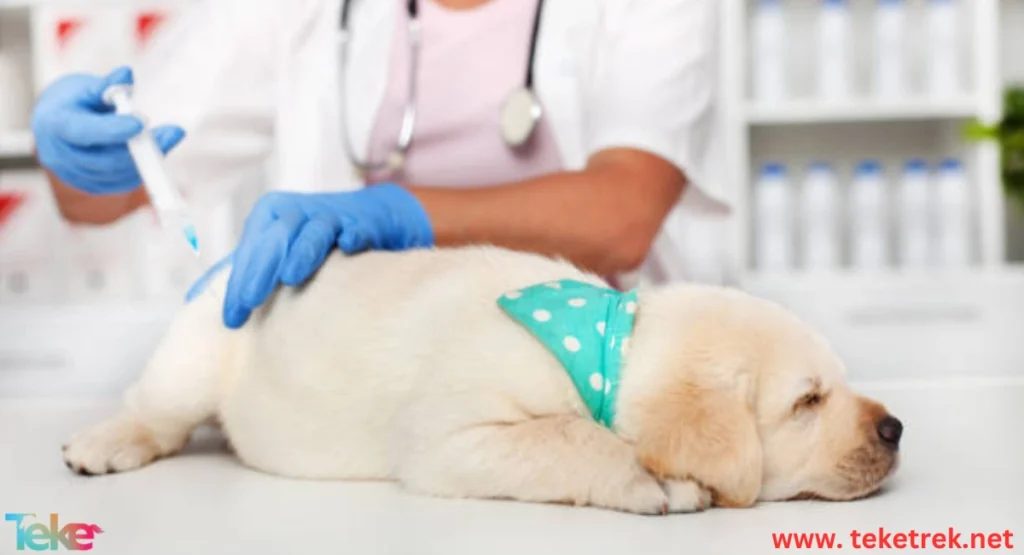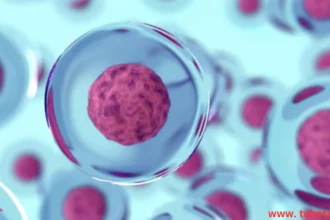Vaccinations are among the most important therapeutic medicines that must be administered to pets raised at home. These vaccines are medical substances precisely manufactured by a team of veterinary experts and fully approved by the Ministry of Health. Vaccinations protect pets’ bodies from diseases and viruses, thereby boosting their immunity, activity, and vitality. Vaccinations are considered a key tool in combating diseases affecting young pets, similar to humans. Therefore, vaccinations are one of the most important defensive means to protect cats and dogs and maintain their health. Here are the details in this article from teketrek.
Why are vaccinations necessary for pets?
Undoubtedly, vaccinations have many essential health benefits for maintaining a pet’s health. Balanced vaccinations help strengthen the body’s power and vitality. The main benefits of vaccinations for pets include:
- Vaccines fight diseases that enter pets’ bodies due to consuming contaminated food or water.
- Vaccines enhance the efficiency of the immune system in pets.
- Vaccines help produce antibodies to destroy any foreign viruses in the pet’s body.
- Vaccinations contribute to preventing or reducing future diseases and alleviating infections.

Basic Vaccination Schedule for Cats and Dogs
It is essential to follow the basic vaccination schedule for cats and dogs. Random or unorganized vaccination can cause many infections and severe weakening of the immune system. Some vaccines need to be repeated multiple times per month as directed by the veterinarian. The schedule is as follows:
Dog Vaccinations:
- Dogs 6-8 weeks: Parvovirus, Distemper
- Dogs 10-12 weeks: Parvovirus, Distemper, Parainfluenza, Adenovirus
- Dogs 16-18 weeks: Rabies, Parvovirus, Distemper, Parainfluenza, Adenovirus
- Dogs 12-16 months: Rabies, Parvovirus, Distemper, Parainfluenza, Adenovirus
- Dogs 1-2 years: Parvovirus, Distemper, Parainfluenza, Adenovirus
- Dogs 1-3 years: Rabies
Cat Vaccinations:
- Cats 2-3 months: The quadrivalent vaccine
- Cats 3-6 months: Rabies
- Cats 3 months: Fungal infections
- Cats 1.5 months: Worms and parasites
How do bees make honey? Steps for producing natural honey and the role of each bee in the hive.
How to Vaccinate Cats at Home
Cat owners can vaccinate their cats at home without needing to visit the veterinary clinic, saving time and effort. The steps include:
- Proper preparation by ensuring the cat’s health before vaccination and having all vaccines stored correctly.
- Consulting a veterinarian to determine the suitable vaccine based on the cat’s health, weight, age, and size.
- Administering vaccines properly by sitting with the cat in a calm place and using a new, clean, sterile needle and syringe for each dose. Vaccines are given subcutaneously in the neck or shoulder area.
- Providing care and attention after vaccination by preparing a suitable place for the cat to rest and relax.
- Monitoring the injection site for any swelling or redness.
- Recording the vaccination date, time, vaccine name, and dose quantity in an organized schedule.
How Do Vaccinations Help Prevent Serious Diseases?
Vaccinating pets with appropriate vaccines is key to protecting them from serious diseases. The benefits include:
- Vaccination is essential to protect pets from diseases, as vaccines help provide antibodies and defense to fight infectious diseases.
- When cats and dogs receive vaccinations, they are exposed to bacteria that cause diseases, which stimulates their immune system and teaches it how to resist and combat any future diseases or viruses.
Sea bream: Your comprehensive guide to learn everything about this unique species
Health Risks of Not Vaccinating Cats for Them and Humans
Without the proper vaccinations, cats are vulnerable to many diseases and viruses, which can negatively affect both their health and that of humans around them. These risks include:
- Respiratory disease (Herpes), a serious virus affecting cats.
- Calcivirus disease, which damages the respiratory system.
- Feline infectious disease caused by parasites.
- Leukemia (cancer of the blood), a fatal disease that can be transmitted to humans.
- Feline plague, a highly contagious disease caused by parvovirus.
- Other serious diseases such as coronavirus, chlamydia, and rabies.

Difference Between Basic and Optional Vaccinations for Pets
There is a significant difference between basic and optional vaccines given to pets for maintaining their health:
Basic Vaccines:
- Rabies vaccine, a fatal disease transmissible from dogs and cats to humans.
- Canine distemper vaccine, which affects the respiratory, digestive, and nervous systems in dogs.
- Parvovirus vaccine, a deadly intestinal disease.
- Cat vaccines for tracheitis, calcivirus, and leukopenia.
Optional Vaccines:
- Bordetella vaccine for dogs suffering from severe cough due to contact with infected dogs.
- Canine influenza vaccine, suitable for dogs that travel frequently.
- Feline leukemia vaccine for cats regularly interacting with other sick cats.
- Leptospirosis vaccine, ideal for pets in contact with wild animals or drinking contaminated water.
Conclusion
Vaccinations are essential to maintaining the health of pets, both young and adult. They protect the body and ensure the safety of pets from life-threatening diseases. Vaccinating dogs prevents humans from contracting rabies and leptospirosis—diseases transmissible from unvaccinated animals. Vaccinations also play a crucial role in reducing infectious diseases among cats and dogs, such as canine distemper and feline leukemia. Prevention and timely vaccination are the best treatments to combat any infectious diseases threatening the lives of pets and those around them.





